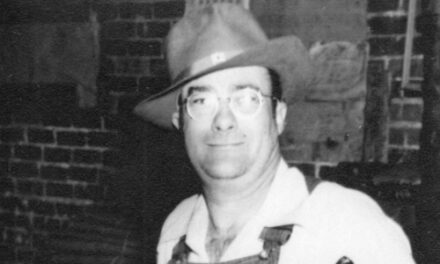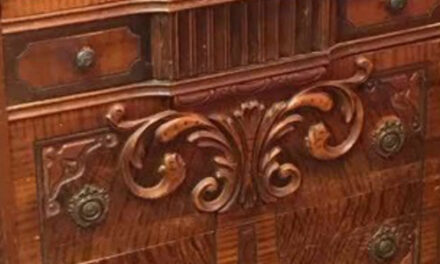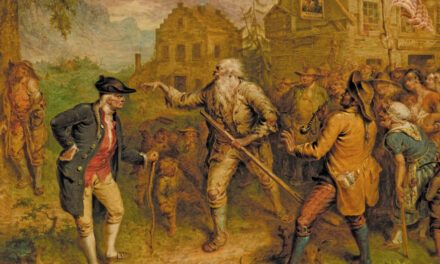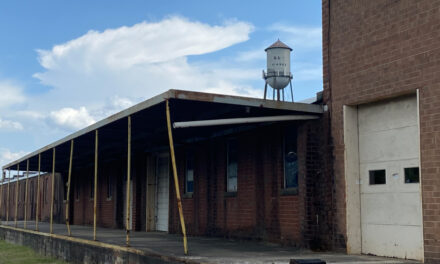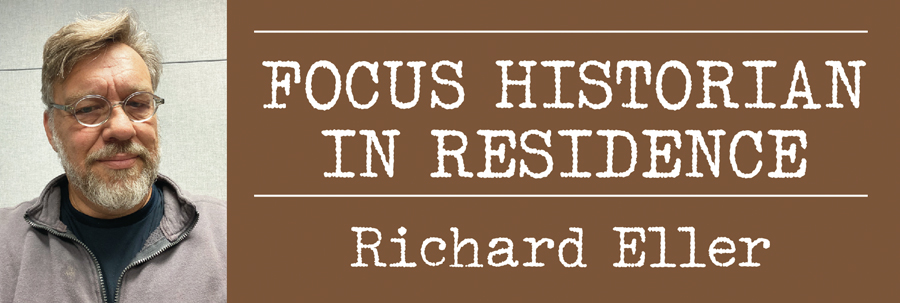
In an era less consumed with celebrity than our own, a group of the nation’s most famous men came to Hickory for a night’s stay. It barely made the news. On the night of August 28, 1918, inventor Thomas Edison, automobile manufacturer Henry Ford, and tire maker Harvey Firestone, arrived in town to NO fanfare.
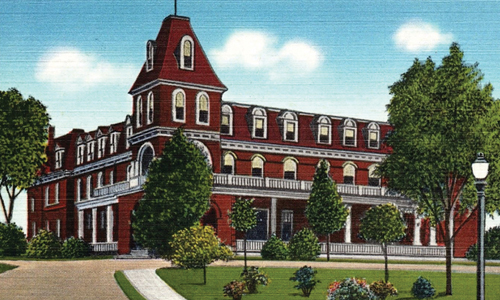 Calling themselves the “Vagabonds,” they came as part of an almost annual event. During the summer, likely in an effort to be boys again, the quartet, which also included literary naturalist John Burroughs, took to the road to see the backcountry of the United States. They traveled as a group, sightseeing along the way. The 1914 itinerary took them to the Florida Everglades, the following year, California. With each trip, they brought tents and slept outdoors as they trekked around rural America. They cooked their meals by open fires, with a little help. After all, they were millionaires. On a later excursion, the President of the United States, Warren G. Harding, joined them for a bit. In the summer of 1918, they started in Pennsylvania, making their way down through West Virginia toward Tennessee and across the Great Smokey Mountains, crossing into the Tarheel state.
Calling themselves the “Vagabonds,” they came as part of an almost annual event. During the summer, likely in an effort to be boys again, the quartet, which also included literary naturalist John Burroughs, took to the road to see the backcountry of the United States. They traveled as a group, sightseeing along the way. The 1914 itinerary took them to the Florida Everglades, the following year, California. With each trip, they brought tents and slept outdoors as they trekked around rural America. They cooked their meals by open fires, with a little help. After all, they were millionaires. On a later excursion, the President of the United States, Warren G. Harding, joined them for a bit. In the summer of 1918, they started in Pennsylvania, making their way down through West Virginia toward Tennessee and across the Great Smokey Mountains, crossing into the Tarheel state.
The distinguished visitors camped out until they got to Asheville. From there, apparently tired of roughing it, the Vagabonds wired ahead for hotel reservations. The gang arrived at around 10pm with little fuss since almost no one knew they were coming. After spending a comfortable night’s rest in Hickory’s most luxurious accommodation, the Hotel Huffrey, Ford and Firestone took a morning walk around town to “stretch their legs.” Edison hung out in the lobby, reading the Hickory Daily Record “from the first to the last page,” according to the hotel clerk who “kept his eyes on the Wizard, and said that’s what he did.” There was no mention of John Burroughs being a part of the entourage. He may have departed, along with the camping gear.
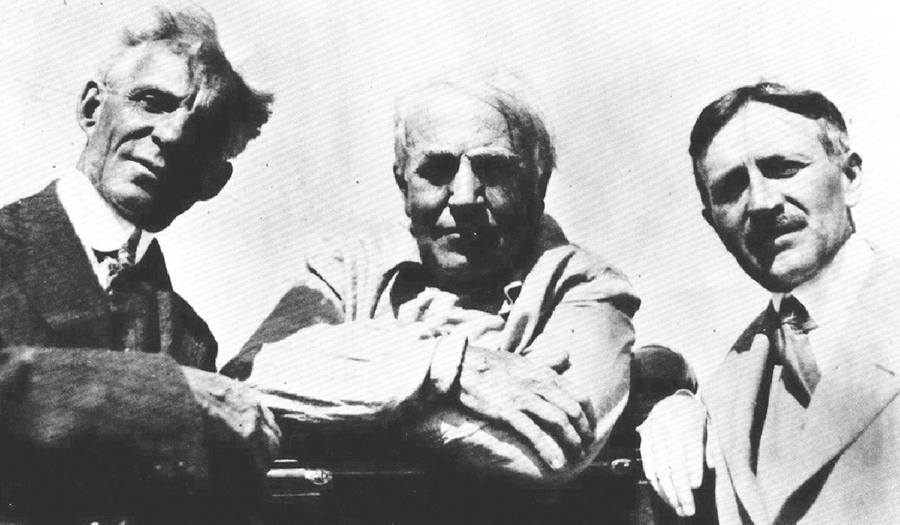
Photo: Ford, Edison and Firestone from their 1918 tour as Vagabonds. In Hickory, they stayed at the Hotel Huffrey.
Later that morning, the party reconvened with Ford, Firestone, and Edison spending an hour “talking with persons in the hotel lobby.” By then, word started to get out and a reporter showed up to ask the nationally-renowned gang their views on the big topic of the day, the Great War (World War I). Ford liked the idea that the conflict “was going our way,” a reference to Allied progress in the European war since the United States joined the fight against Germany and the Central Powers almost a year and a half earlier. Edison thought the war “would last two years yet.” His prediction was a bit off. In just over two months, the bloodshed would end, but while the Vagabonds were in town, and flashes from the front filled the front pages of the press, news of three wealthy old men was but barely reported.
By 8:30am, Edison, the “Wizard of Menlow Park”, the inventor who fostered creation of the phonograph and motion pictures, along with Ford, the man who made the automobile affordable for all Americans, and Firestone, the manufacturer who supplied tires for the automobile industry, had packed up the Packard automobile they were riding in, along with “a Ford and a Simplex in which their porters traveled,” and headed toward Statesville in their quest to end the trip back at Edison’s laboratories in New Jersey. It seems a Packard was a more comfortable car than a Ford.
Folks in Hickory went back to their daily activities, following the progress of the war and taking their brush with greatness in stride.

